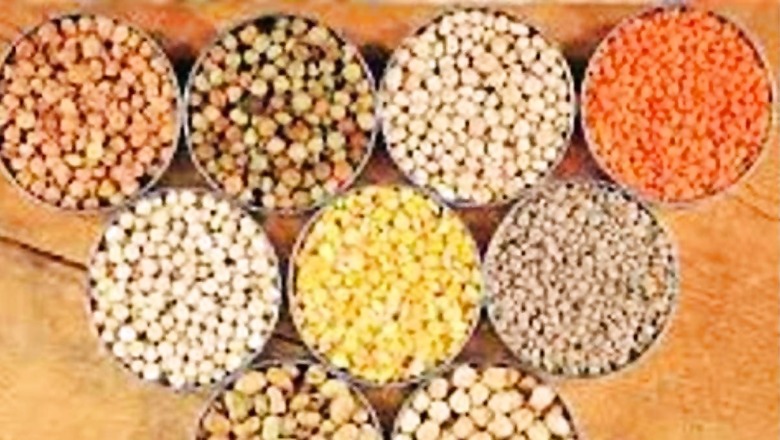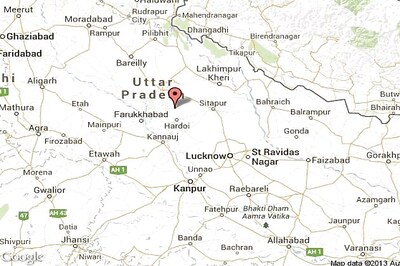
views
In yet another preemptive move to check inflationary trends in food prices ahead of the festival season, the central government has issued an advisory for mandatory stock disclosure of masur (lentil) with immediate effect. “All the stakeholders should mandatorily disclose their masur stock on the stock disclosure portal managed by the department every Friday. Any undisclosed stock if found, will be considered as hoarding and suitable action under the EC Act will be taken,” the government warned in a statement.
It added, “The government is watching the developments very closely and would initiate stringent measures to get the stock released into the market so that availability of all pulses at reasonable prices in the festival season is ensured.” The move is expected to improve supplies in the domestic market and discourage hoarding of the lentil.
The development comes after the weekly price review meeting of the Department of Food, Consumer Affairs and Public Distribution where it noted that NAFED and NCCF had to suspend the procurement of imported pulses by cancelling their tenders due to the exorbitantly high bids received from a few suppliers that hinted at cartelisation of the staple commodity.
Rohit Kumar Singh, secretary, consumer affairs, said, “At a time when lentil import flow increases from Canada and tur imports from African countries few players are trying to manipulate the market against the interest of the consumers and the nation.”
The central government is also stepping up its efforts to procure the lentil from available stocks around the minimum support price for its own buffer. The import duty on masur has already been reduced to zero until 31.03.2024. Stock limits have already been imported on tur (arhar) and urad till October 31. The secretary, consumer affairs, also asked the department to broadbase the lentil procurement for the buffer stock, that is, not depend entirely on the imported stocks.
India has depended on imports to meet the domestic requirement of pulses primarily from countries like Myanmar, African nations, and Canada. Despite being the leading producer of pulses in the world and numerous steps being taken to boost production, India has yet to achieve self-sufficiency or “atmanirbharta” in pulses. The Mission Pulses programme is being implemented across 644 districts in 28 states and union territories wherein the central government has incentivised the cultivation of pulses by increasing MSP, distributing seeds, production of certified seeds of high-yielding variety seeds, farm tools, and chemicals for plant protection. The MSP for masur, for instance, has risen from Rs 2,950 in 2013 to Rs 5,500 in 2022-23.
In India, the main pulse-growing regions are Punjab, Haryana, western Uttar Pradesh, parts of West Bengal, coastal Andhra Pradesh, Tamil Nadu, Kerala, coastal and eastern Karnataka, and parts of Maharashtra.
Rohit Kumar Singh also said, “Judiciously balancing the interest of the farmers vis a vis the consumers is paramount and the department will not hesitate to initiate stern action against those trying to hurt the interest of the Indian consumers and farmers in an unscrupulous manner.”



















Comments
0 comment